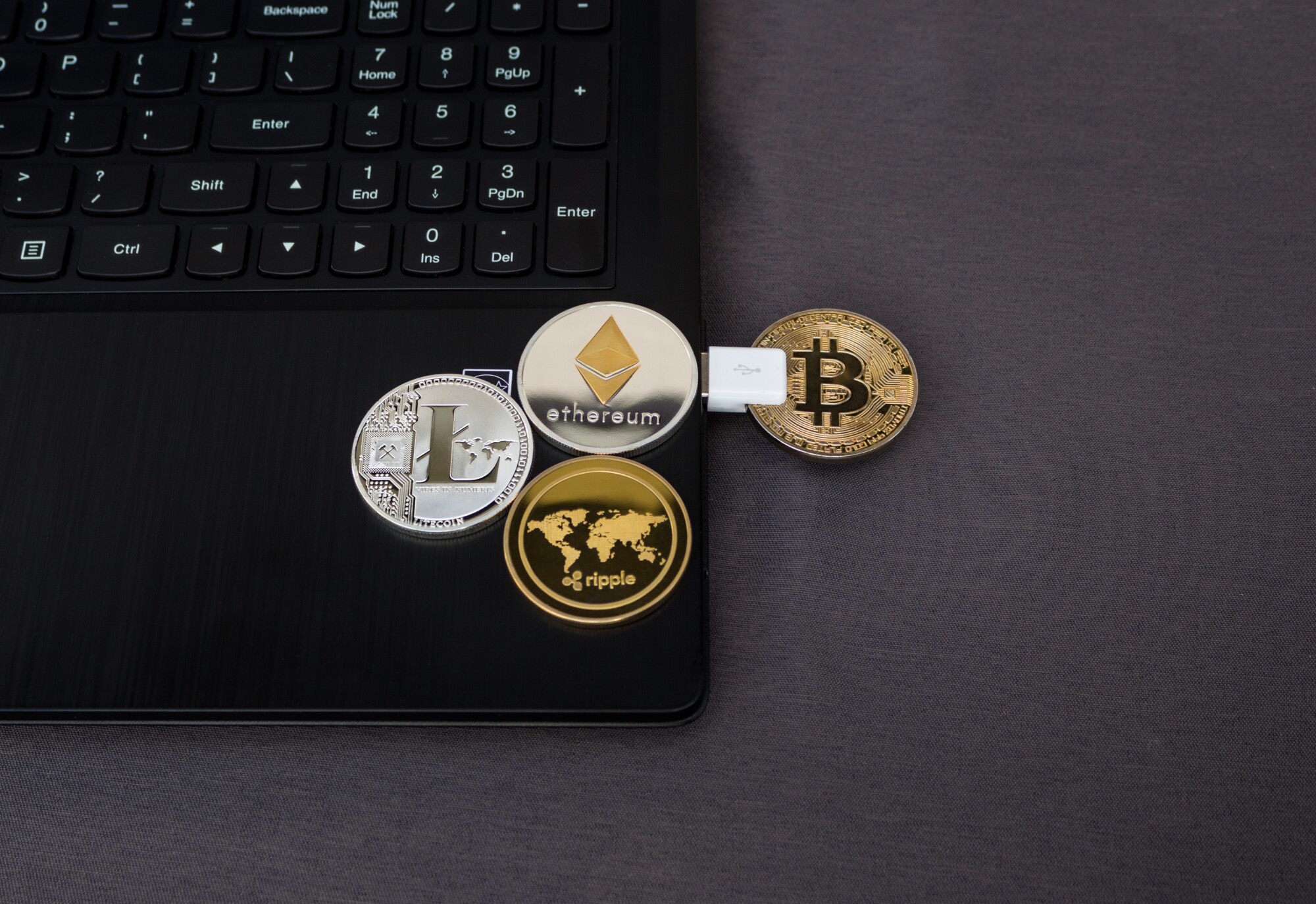Just like your cryptocurrency picks have their ups and downs, you’re going to need solid management for them. It’s especially important to manage these investments manually, rather than simply auto-investing.
You’ll need the best cryptocurrency wallet that gives you the most versatility and a very clear perspective on cash flow management. With this info, you can make the best decision for your investments to have a clear direction from the beginning.
Want to learn more about non-custodial vs custodial wallets? Then, read on!
Contents
Non-Custodial Wallets
Non-custodial refers to ownership of cryptocurrency. It means that it’s owned by the individual or entity who holds it, without the involvement of a third party or custodial provider. Most financial services have been provided by banks or other third-party custodial providers.
Benefits
Most notably, non-custodial crypto provides the user with private access to their funds in the form of their private keys. These private keys allow for secure, direct access and management of their cryptocurrency. It also ensures added security.
It offers a great solution for those looking to invest in the budding cryptocurrency markets as well as those looking to shop and trade. The secure-by-design and non-custody nature of these wallets enables users to keep full control of their funds. It allows greater potential for financial autonomy.
Features
Non-custodial crypto features refer to the fact that the user is in full control of their crypto assets. There is no third party or middleman involved in the process.
This means the user holds the private keys to their wallet and can access their assets without the help of external parties. It provides users with a greater sense of security since there is no need to rely on someone else for control over their funds.
It also gives users more autonomy when it comes to making transactions and managing their funds as they see fit since no one else has access to their money. It is becoming increasingly popular as users look for ways to keep their crypto assets safe and secure.
Risks Associated
The risks associated are the potential for hardware loss or damage, software, hacks, and vulnerabilities. If users are not keeping their digital wallets secure, it can be difficult to protect their coins, tokens, and other assets from malicious intent.
Furthermore, the process of setting up and maintaining a noncustodial wallet can be overwhelming and require a large amount of knowledge, leading some users to make mistakes. And finally, if the user loses the private keys to their wallet, then it may be almost impossible to recover their coins or tokens.
Custodial Wallets
If you don’t know what is a custodial wallet, it is a type of cryptocurrency wallet that is kept and maintained by a third-party “custodian”. It allows you to store, send and receive digital currency, and also make purchases and transactions over the Internet.
Benefits
The custodial wallet benefits provide the peace of mind needed to ensure digital assets are safe from cyber threats while still allowing crypto holders access to them when needed. It is managed by a third-party such as a bank or cryptocurrency custodian, providing security against online attacks and hacks.
It also offers a more user-friendly experience for crypto holders, especially those who lack knowledge in the tech field. It makes it easier to keep track of assets and offers the ability to easily buy, sell, and trade from within the wallet itself.
Lastly, it also offers secured funds on the blockchain, making it harder for any unauthorized person to access their assets. All of these benefits make custodial wallets an attractive choice for crypto holders.
Features
The most important feature is that it provides users with full control of their digital assets. It provides robust security measures. Users can choose from multiple ways to securely store their digital assets including:
- Cold storage
- Hot storage
- Signature protocols
This custodial crypto wallet offers features that help create a secure environment for users to store and manage their digital assets, such as:
- 2-factor authentication
- Advanced encryption
- 24/7 customer support
By providing proactive security measures, users can be sure that their digital assets are secure from unauthorized access and malicious attacks. These features make a custodial wallet an ideal platform for anyone looking to securely store and manage their crypto.
Risks Associated
The risks associated with a custodial wallet for crypto are numerous. The custodian (the company or individual holding the digital assets) can be hacked since the wallet is connected to the internet. This can lead to a loss of the wallet’s crypto assets.
Additionally, custodians can suffer from various types of operational risk, like the mismanagement of private keys, or manual processes that can introduce errors. Also, some custodians may not be insured for losses, meaning a customer’s funds could be lost in the case of fraud or other mishaps.
Lastly, it comes with counterparty risk, which refers to the risk of the custodian not returning the assets, or not responding to requests. It is important to be aware of these risks when using a custodial wallet for cryptocurrencies.
Know What Should Use for Crypto Today
The decision between a noncustodial and a custodial wallet for your crypto should come down to how much control you want over your crypto. If you want the ultimate control, use a noncustodial wallet.
However, if the convenience of a custodial wallet fits better with your use case, make sure it is a reliable and reputable provider. Make the best decision for your own needs.
Did you find this article helpful? Visit more of our blogs!



